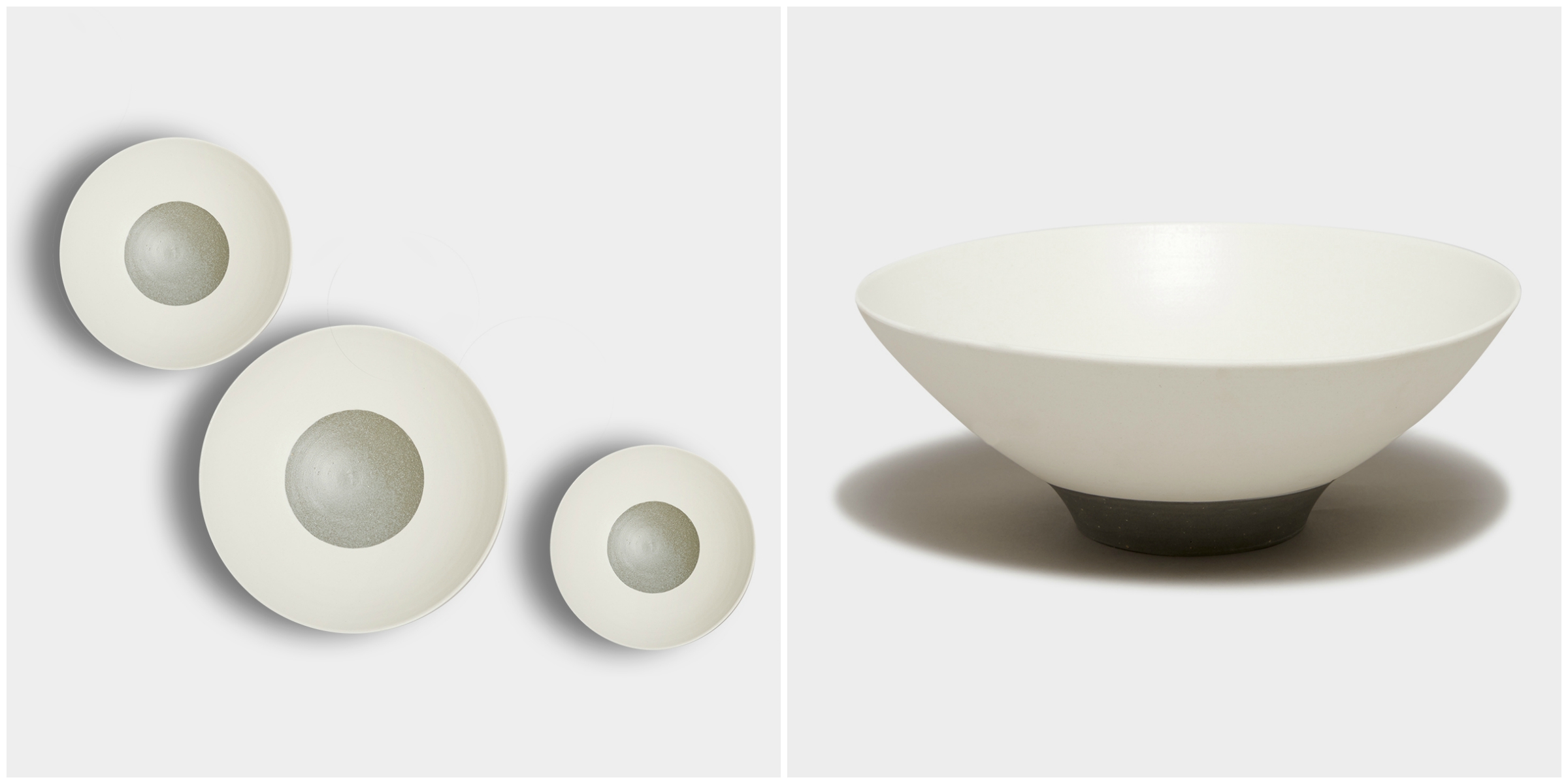Meet the Steve Jobs of Ceramics
Korean ceramicist Yi Yoonshin doesn’t just want to create exquisitely handcrafted pottery—she wants to use exquisitely handcrafted pottery to change people’s lives.
Yi founded her ceramics company, Yido, in 1990. By creating simple mealtime pottery for everyday use, Yi strives to transform and leverage ceramic culture as a tool for fostering human connection.
In an interview with Korea Times, Yi said, “It’s my wish to put handcraft potteries on people’s dinner tables like Steve Jobs wanted to put a personal computer on people’s desks.”
Yi’s mission goes back to her tenure as a graduate student at Japan’s Kyoto University of Art & Design. While studying in Japan, Yi discovered that most Japanese restaurants and families used handcrafted pottery to serve meals.
This practice stood in stark contrast to Yi’s native Korea, where machine-made stainless steel and plastic were becoming the prevailing materials for tableware. Traditional artisan treasures like brassware and mother of pearl were starting to disappear, and the simple custom of sitting down and eating together was becoming less and less prevalent.
Meanwhile, Yi noticed that Japanese ceramic culture had withstood the erosive effects of urbanization. Recognizing Japan’s distinctive union of art and everyday utility as a means for revitalizing Korean food culture, Yi turned her focus to crafting essential tableware.
At first, Yi’s peers in the art world criticized her unconventional choice. They didn’t understand why she would waste her talent by making simple plates and bowls instead of larger, more impressive vessels.
But Yi’s convictions paid off, and demand for her pieces grew steadily. She is now one of the most respected and sought-after ceramic artists in the world. Her work has been featured in numerous exhibitions throughout Korea and Japan, and Milan’s 2015 World Expo. Jean-Georges Vongerichten, a culinary icon and Michelin-starred chef, uses Yido’s tableware at his restaurants in Shanghai and Paris.
Even in the midst of her growing international recognition, Yi remains mindful of the original inspiration for her unique aesthetic. Reflecting on a recent exhibition in Seoul, she said, “Korea has made rapid progression, and modernization from industrialization has definitely made people’s lives more convenient. However, the convenience and the fleeting interactions with each other diminished our humanity … That is why I make [these] vessels. I am hoping to contribute to positive and meaningful changes in families by promoting Korea’s traditional values with my products.”







